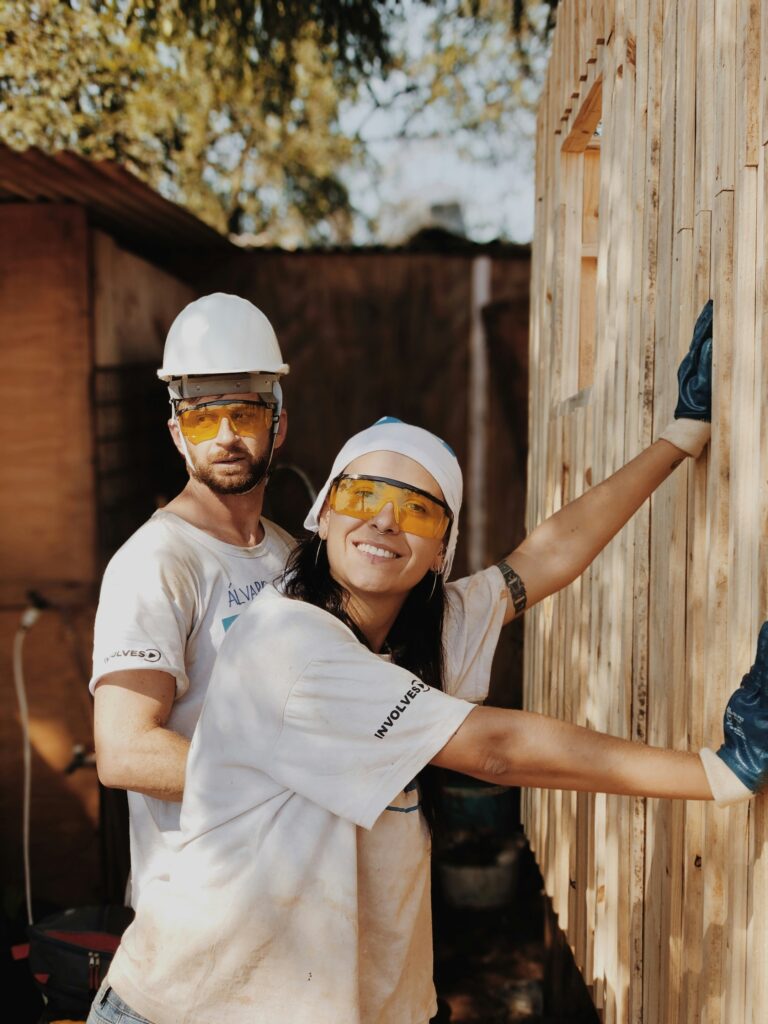
After helping countless STR owners navigate their financial journeys, I’ve seen both the triumphs and tribulations of DIY short-term rental setups. Let me share some honest insights that might help you make informed decisions.
The Reality of DIY Control
- Complete Control Factor
Pro: When you handle everything yourself, you get to make every single decision. From choosing that perfect shade of paint to selecting exactly which coffee maker you want for your guests. There’s something satisfying about building your STR business from the ground up.
Con: That complete control means complete responsibility. Just last month, one of my local clients spent three weeks coordinating between contractors, furniture deliveries, and installation teams. When something goes wrong at 2 AM, guess who’s handling it? Yep, you’re the one getting that midnight call about a locked smart door or malfunctioning AC.
- The Learning Experience
Pro: Nothing beats hands-on experience. DIY setup forces you to understand every aspect of your business intimately. Sarah, a client here in Lancaster County, told me how setting up her own systems helped her better understand her business’s financial flow.
Con: That learning curve can be expensive. Sarah also admitted she made costly mistakes with her tax setup initially, missing out on thousands in deductions her first year. She didn’t realize she could deduct certain expenses on Schedule E versus Schedule C – a common mistake I see with DIY hosts.
- Initial Cost Savings
Pro: Yes, you can save money upfront by doing things yourself. Many successful STR owners started by handling their own setup and gradually scaled from there.
Con: Those initial savings often turn into long-term expenses. I’ve seen DIY hosts spend 2-3 times more fixing setup mistakes than they would have spent getting it right the first time. One client saved $2,000 doing their own legal paperwork, only to spend $7,500 fixing compliance issues six months later.
The Hidden Costs That Surprise Everyone
- The Furniture Reality
Pro: You can choose exactly what you want and hunt for deals.
Con: Professional-grade furniture costs aren’t obvious at first glance. While your regular household furniture might last years with normal use, STR furniture faces much more wear and tear.
I’ve had clients replace their entire living room set within the first year – an unexpected $5,000 expense they hadn’t budgeted for.
- The Utility Equation
Pro: You can set up utilities exactly how you want them.
Con: STR guests typically use 3-4 times more utilities than regular residents. One of my Mountville clients saw their monthly utility bills quadruple after launching their STR. That’s hundreds of dollars in unexpected costs each month.
- Insurance Surprises
Pro: You can shop around for the best rates.
Con: Standard homeowner’s insurance usually doesn’t cover STR activities. The right insurance coverage often costs 30-50% more than regular policies. I’ve seen hosts face devastating losses because they didn’t have the proper coverage.
- The Time Investment Reality
Pro: You learn every aspect of the business intimately.
Con: Here’s the real breakdown of time costs:
- Guest communication: 1-2 hours per booking
- Property maintenance: 1-3 hours per turnover
- Financial tracking: 3-4 hours per month
- Learning curves: Countless hours researching regulations and best practices
- Technology Stack Requirements
Pro: You can customize your tech setup completely.
Con: The basic tech stack costs add up quickly:
- Property management software ($30-50/month)
- Smart locks and security systems ($300-500 setup)
- Channel management tools ($20-40/month)
- Accounting software ($50-110/month)
- Regulatory Compliance
Pro: You gain deep knowledge of local regulations.
Con: Each locality has its own rules and regulations. Missing these can result in fines or unexpected compliance costs.
I’ve seen hosts face penalties ranging from $500 to several thousand dollars for overlooking local STR regulations.
Finding Your Balance
The key to success isn’t necessarily choosing between all-DIY or all-professional help – it’s about finding the right balance for your situation. Consider your available time, budget, and expertise when deciding which aspects to handle yourself and which to delegate.
From my years of experience working with STR owners in our community, I’ve learned that the most successful hosts are those who honestly assess their capabilities and limitations. Whether you choose to DIY or seek professional help, the most important thing is making informed decisions based on your unique circumstances and goals.
Remember, there’s no one-size-fits-all approach to STR setup. The key is understanding all these moving parts so you can make the best decisions for your specific situation.
